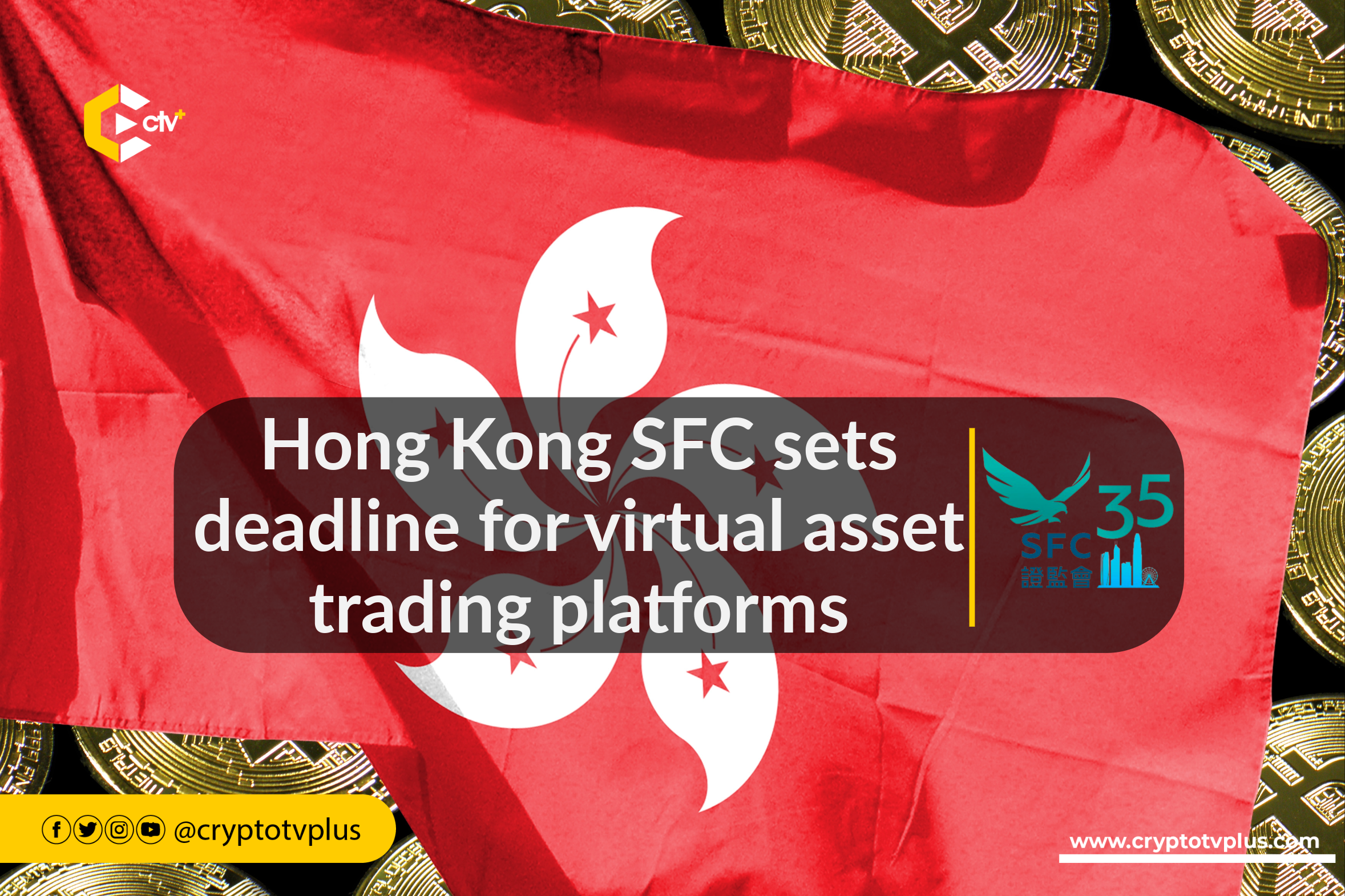News
Hong Kong SFC sets deadline for virtual asset trading platforms

The Hong Kong Securities and Futures Commission (SFC) has reminded virtual asset trading platforms (VATPs) to apply for a license by February 29, 2024. Non-compliance will lead to the mandatory closure of operations in Hong Kong by May 31, 2024.
This reminder is part of the SFC’s transitional arrangements for regulating VATPs. Investors are urged to verify the regulatory status of platforms and stick to trading on SFC-licensed VATPs. The SFC offers lists of licensed VATPs and those who applied for licenses.
Investors should check if a VATP is on the “List of licensed virtual asset trading platforms” or the “List of virtual asset trading platform applicants.” The former indicates SFC formal licensing, while the latter includes platforms that applied by the February 29 deadline.
The SFC advises preparing early for virtual asset trading platforms (VATPs) not listed in Hong Kong. Investors should close accounts with these platforms or switch to SFC-licensed VATPs by May 31, 2024, if they still need to apply for a license by the deadline.
The SFC recognizes the uncertainty of applications on the “List of virtual asset trading platform applicants,” emphasizing the risks associated with trading on these platforms. To ensure investor protection, the SFC strongly recommends trading virtual assets exclusively on SFC-licensed VATPs, marking the deadline as a critical milestone in their regulatory efforts.
Hong Kong has been actively embracing cryptocurrencies and blockchain technology, despite the challenges faced by the industry in recent years. In December 2020, the Securities and Futures Commission (SFC) granted the first license to a virtual asset trading platform in Hong Kong for institutional investors. Since then, Hong Kong has introduced a licensing regime for retail crypto exchanges, with two companies already approved to operate.
Hong Kong’s approach to cryptocurrencies is focused on consumer protection and strict criteria for which virtual assets can be bought and sold. The SFC mandates that crypto firms put other safeguards in place before accepting customers, such as assessing if users have essential knowledge of digital assets before investing and setting trading or position limits “concerning the client’s financial situation.”
Hong Kong’s government has been moving faster in crypto legislation while being consistently more friendly compared to other governments. The city aims to attract fresh capital and talent back to the region after its reputation was tarnished by years of harsh COVID-19 curbs and a crackdown on political freedoms.
Under Hong Kong law, cryptocurrencies are not legal tender regulated by the Hong Kong Monetary Authority (HKMA) and do not qualify as money. However, the HKMA has announced a mandatory licensing regime for entities carrying on regulated activities about stablecoins, which is expected to come into force in 2024/25.
Read also; Top crypto exchanges registered in UAE













1 Comment